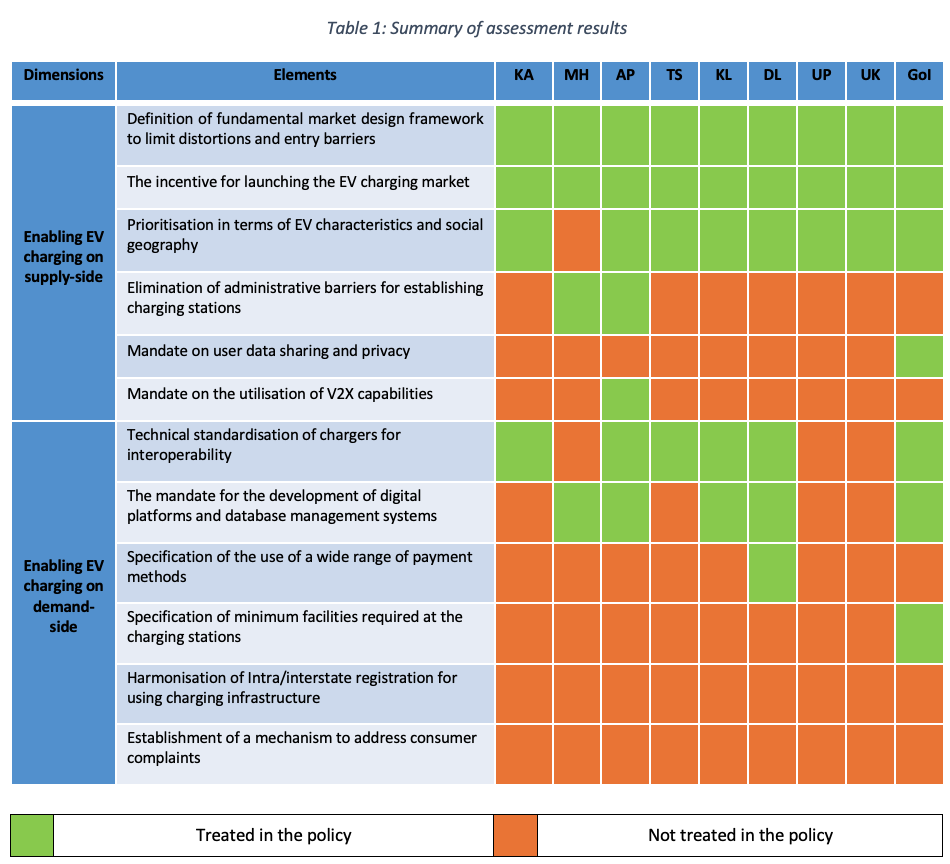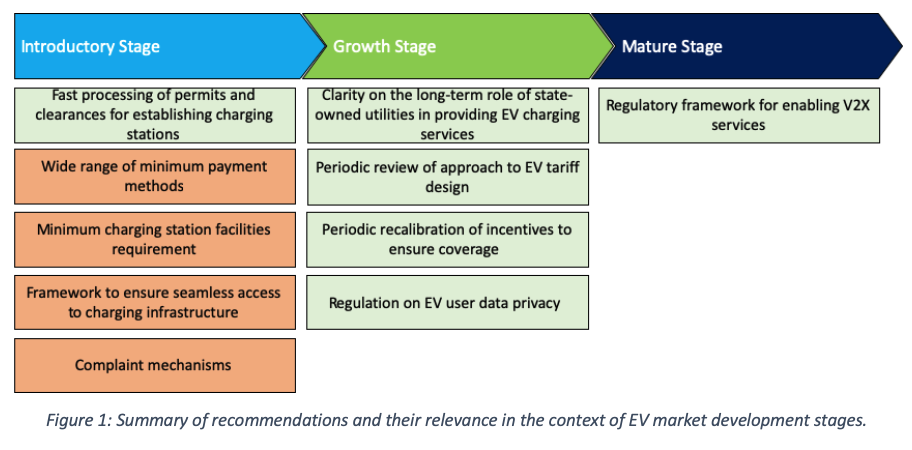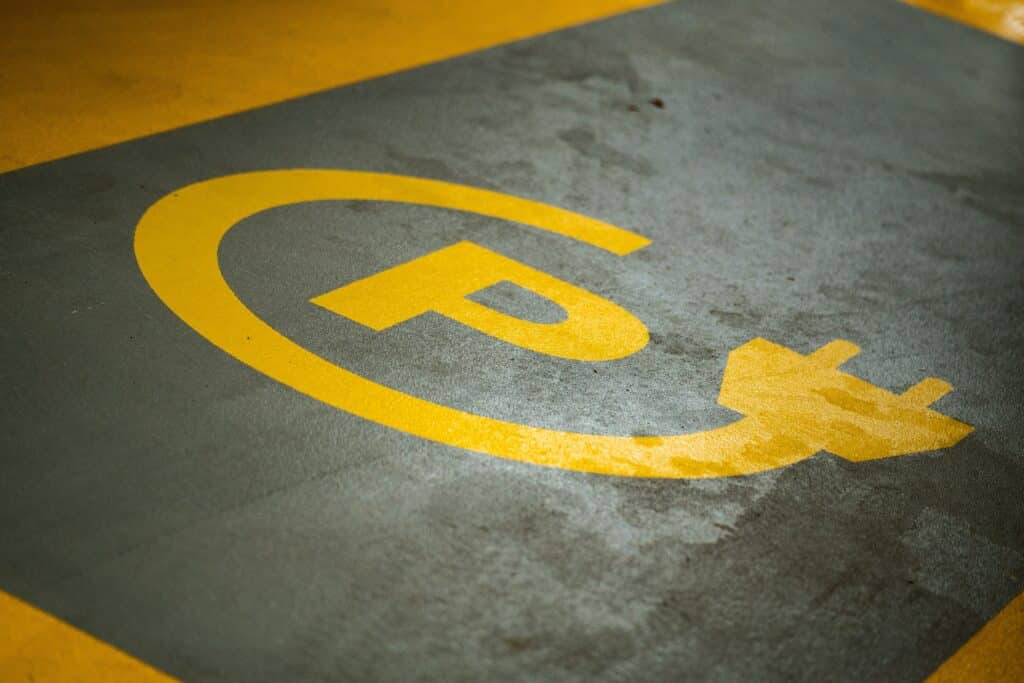Electric Vehicle charging policy in India
The February Topic of the Month, Gearing up for an EV revolution, includes pieces on Electric Vehicle charging policy in India, Electric Vehicles and sustainable development in Spain and Electromobility and public policy in Latin America and the Caribbean.
Topic of the Month: Gearing up for an EV revolution
Read all of the February instalments:
Electric Vehicle charging policy in India
Electric Vehicles and sustainable development in Spain
Electromobility in Latin America and the Caribbean (Part I)
Electro-mobility and public policy in LAC (Part II)
India has embarked on an ambitious path towards more sustainable mobility by promoting the electrification of its transport sector. The push for electric vehicles in India is driven by the global agenda established under the Paris Climate Agreement to reduce carbon emissions, and by the national agenda, which includes improvement of air quality in its urban areas, reduction of dependence on oil imports, and encouragement of the local EV manufacturing sector. The country has set an ambitious target of 30% electric vehicle sales across all vehicle types by 2030.
A robust electric vehicle charging infrastructure would be needed to enable the rapid growth in EV uptake required to reach India’s policy targets. This raises a crucial question: what policies and regulatory frameworks are required to enable the efficient deployment of charging infrastructure?
This topic of the month summarises the chapter on assessment of current state and national policies for EV charging infrastructure deployment in India from the FSR study “Charging up India’s Electric Vehicles: Infrastructure deployment & power system integration”.
Policies to enable charging infrastructure deployment
Policymakers in India are proactively pursuing the development of EV charging infrastructure. NITI Aayog, with the support of select central ministries, has been serving as the nodal agency to develop the electric mobility plan for India.
Although the e-mobility plan is established at central level, the onus is on the state governments, which have to develop policies and regulatory frameworks to enable the adoption of EVs and the deployment of charging infrastructure in their respective states. Consequently, several Indian states have developed EV policies. Furthermore, the central government’s Ministry of Power has also introduced guidelines for the deployment of public charging infrastructure.
Assessment framework and results
To assess EV charging infrastructure policies in India, an analytical framework that comprises twelve elements is developed based on a literature review of current international EV policy trends. These twelve elements can be further categorised as those for enabling the supply-side (the EV charging service provider) and the demand-side (user of the EV charging infrastructure).
The framework is used to assess the EV charging policies in eight states selected namely, Maharashtra (MH), Delhi (DL), Karnataka (KA), Andhra Pradesh (AP), Telangana (TS), Uttar Pradesh (UP), Uttarakhand (UK) and Kerala (KL). Furthermore, the contents of the Government of India (GoI) guidelines on charging infrastructure are also assessed. Table 1 presents the twelve elements and the summary of the assessment results.

Recommendations
The recommendations can be categorised as those for enabling the supply-side (the EV charging service provider) and the demand-side (user of the EV charging infrastructure). Moreover, these recommendations categorised based on whether they need to be applied at the introductory, growth or a mature stage of market development. Figure 1 summarises the recommendations and illustrates the relevance of the chapter recommendations and conclusions in the context of the market development phases.

Recommendations for the supply side
The following recommendations are made for the supply-side. During the introductory and the growth stage, 1) it is recommended to mandate a time-bound, single-window clearance for permissions required to develop charging stations; 2) policymakers should clarify within the EV policy the long-term role of state-owned utilities that are at the forefront of EV charging station deployment. Furthermore, as the EV charging market takes off and starts to follow demand, 3) it can be recommended to reassess the approach to EV charging tariff structure periodically; 4) Incentives for installing EV chargers should be recalibrated to ensure that coverage in remote or low demand areas is not forgotten; 5) the EV policy must include some provisions for the development of frameworks to ensure ethical handling and use of user data and privacy. As the market nears the high level of maturity, 6) policymakers must consider developing a regulatory framework for the utilisation of V2X capabilities, which can be a valuable resource. A cost-benefit analysis can become the basis for deciding the extent to which V2X should be enabled and incentivised.
Recommendations for the demand side
The demand-side can be enabled by improving the customer experience in terms of ease of use. From this perspective, 1) EV policy should specify a comprehensive set of minimum payment methods to be made available to the consumer at the charging station. 2) Provisions should be developed for minimum facilities required at the public charging station based on the Government of India guidelines. 3) A harmonised intra/inter-state registration process for using charging infrastructure should be developed, thus allowing the use of the wider network. 4) Finally, it can also be recommended that policymakers proactively take a step within the EV policy by mandating minimum standards for a mechanism to address consumer complaints.
Read more about FSR Global initiative for the Energy Transition and electric vehicles in India here.
Dive in deeper!
New Online Course! Electric Vehicles: a power sector perspective
Gain the knowledge you need to address the #powersector challenges posed by the ever-growing number of #EVs on a global scale in our new 5-week online course! #ElectricVehicles: a power sector perspective
🗓️REGISTER BY 31 August👉Learn more here: https://t.co/FC3eFgcJZ9 pic.twitter.com/4DPznf474A
— FSR Energy & Climate (@FSR_Energy) July 18, 2020






